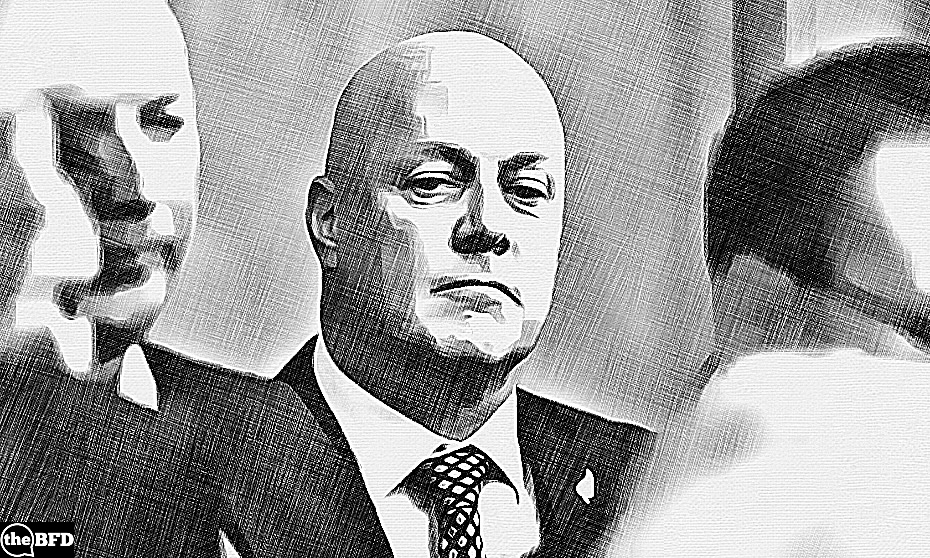Bryce Edwards
Victoria University Of Wellington – Te Herenga Waka
democracyproject.nz
Bridges’ departure leaves National with plenty of problems. Losing any high-calibre frontbench politician is unfortunate, but particularly when the caucus is so lacking in experience. With a newbie like Luxon at the helm, it was highly advantageous to have the experienced Bridges there beside him.
National has lost the more mongrel and aggressive way that Bridges took the fight to Labour, but also his intellectualism – he had developed a reputation as one of the more thoughtful contributors to policy development and direction.
Overall, having Bridges depart just when National is climbing fast in the polls is an unfortunate setback in its campaign to return to power next year. As Harman wrote yesterday, “Resigning after just over three months of the new leadership team is hardly a vote of confidence.” And the continuity of the caucus with the John Key era also evaporates – Bridges was the last frontbencher standing from National’s last turn at the helm (with Judith Collins and Gerry Brownlee now much further down the rankings).
Bridges was also a key part of his party’s claim to diversity, and this loss could make National even more vulnerable to criticism on this front. Although, as Bridges explained in his recent book, he was often disparaged by liberals for not being “Maori enough”. However, his replacement as Finance spokesperson is a woman, and surely Luxon and the caucus will demand that the new candidate for Tauranga isn’t a white male.
National reshuffle and finance role
The appointment of Nicola Willis as Finance spokesperson is a smart choice by Luxon. Not only does he have strong trust in the deputy leader, respect for her is growing in the caucus. There might be some questions about her qualifications, but her previous role on the Finance and Expenditure select committee was well regarded. National will also stress her time in the corporate world, working for Fonterra.
Of course, Willis has also excelled in the Housing portfolio. As Thomas Coughlan writes today, “she helped to detoxify housing for National to the point where a recent Ipsos poll had National ahead of Labour when it comes to the party most backed to address the housing crisis.”
What’s more, she is a moderate on economics, and not someone who will scare swing voters. Instead, she was a protégé of both Bill English and John Key. And unlike Chris Bishop, who was the favourite amongst many commentators for the Finance role, she doesn’t have a background in lobbying and the tobacco industry – something that is still a blackmark for this otherwise heavy-hitting performer.
By-election fights and outcomes
Perhaps the biggest criticism to be made of Bridges’ decision to depart is that he is leaving halfway through the Parliamentary term, after having just committed 18 months ago to serving a full term. Retiring politicians normally agree to at least serve out their time. In this case, Bridges causes an expensive by-election, estimated by the Electoral Commission to cost about $1m, to say nothing of the extra Covid-related campaign costs, and the expense for campaigning political parties.
Nonetheless it will be a chance for National to renew itself, bringing in fresh talent and perhaps injecting greater diversity into its caucus. The most likely candidate for the role is Rotorua Lakes District Councillor Tania Tapsell, who is a rising star in the party (her great uncle is former Speaker of the House and Labour MP Sir Peter Tapsell). She stood for National at the last election in the East Coast electorate.
Obviously New Zealand First might bite at the chance of a by-election in Winston Peters’ old electorate, where traditional conservative voters still dominate, especially with a very high proportion of superannuants.
Peters may hope for another upset like he caused when he won the Northland seat off National in 2015. This time around, such a feat is highly unlikely, but it would be a good chance for the populist party to rail against Labour’s Three Waters and iwi co-governance model, as well as the decision to deny the Tauranga City Council the right to have an election this year. On the other hand, the by-election is likely to occur just when New Zealand First is set to be in the headlines with their own High Court trial about party donations.
A loss by National in Tauranga is unlikely. But we live in strange, polarised, unsettled times – especially as evidenced by the recent parliamentary protests. And by-elections occasionally throw up surprise results. Bridges’ majority was slashed from 11,252 in 2017 to just 1,856 in 2020, so if Peters can capture a reasonable chunk of the anti-government vote it could get very interesting. If Peters was to stand and actually win, after last losing there to Bridges in 2011, it would certainly be an ironic historical conclusion to Bridges’ career.

